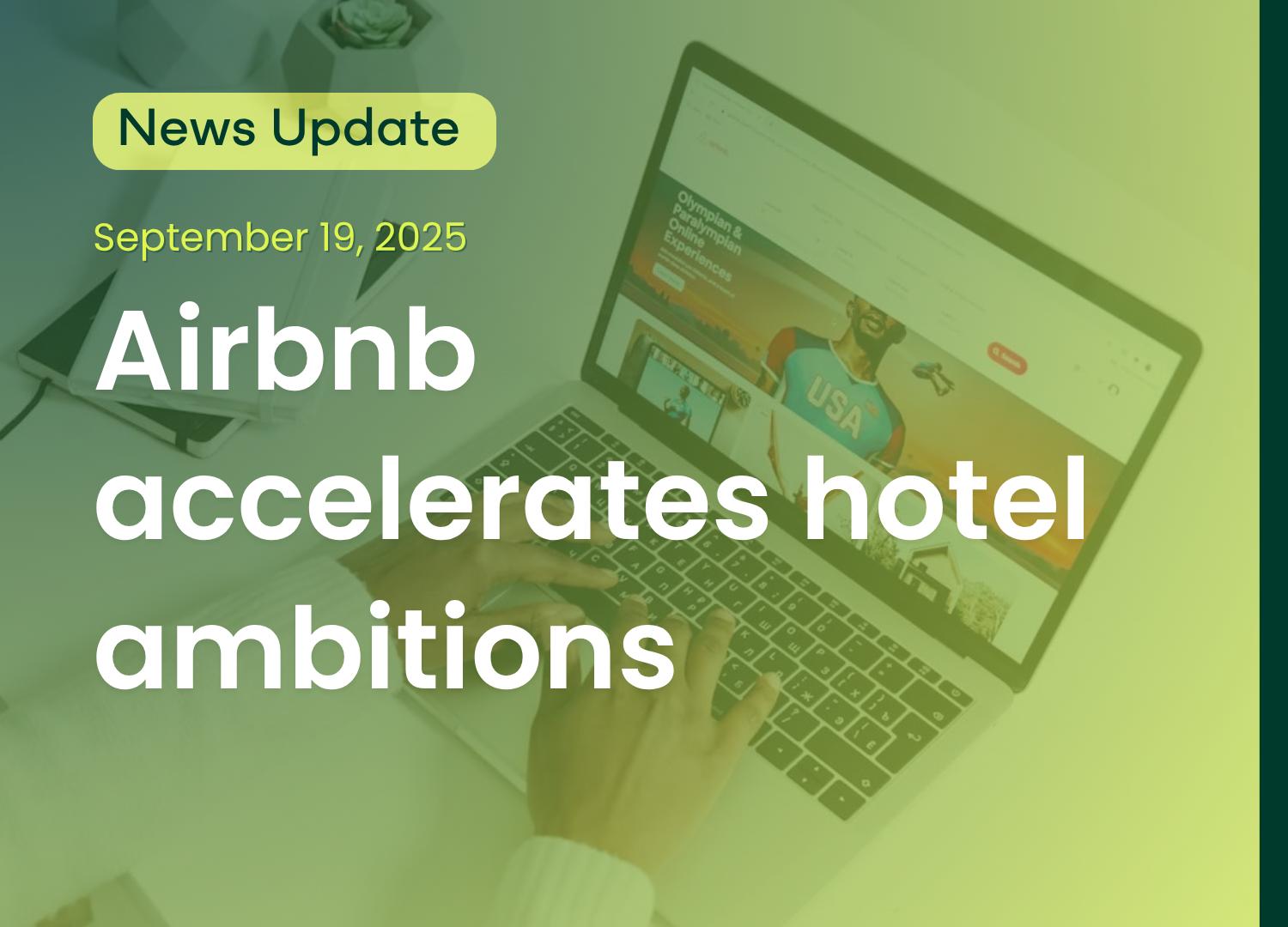The Importance of KPIs in the Hospitality Industry
In the competitive world of hospitality, Key Performance Indicators (KPIs) are invaluable for measuring and improving your accommodation's performance. KPIs are measurable values that reflect the effectiveness and sustainability of your hotel within the hospitality landscape. They provide insights into critical aspects of your operations and help identify areas for growth and optimization.

What Are KPIs, and Why Are They Important?
KPIs, or Key Performance Indicators, are measurable figures that show how your hotel is performing compared to set goals. These measurements provide insights into how objectives are achieved through data and analysis. They apply to all aspects of the hospitality industry, from financial management to operational efficiency, marketing, and more. It's essential to select the most relevant KPIs for your specific sector to gather accurate data and improve your performance.
Tracking KPI data is invaluable for making effective decisions based on historical performance. It allows you to analyze changes over time and understand what factors impact your results. KPIs not only serve as insightful tools but also as learning aids for your accommodation, helping you identify strengths and improve weaknesses.
Key KPIs for the Hospitality Industry
Now that we understand the importance of KPIs, let's explore some of the most crucial KPIs for accommodations and how to measure them to make better business decisions:
Average Daily Rate (ADR)
ADR is one of the most critical metrics for measuring the average rate per booked room. This provides insights into the daily revenue generated for your occupied rooms. It's a valuable indicator of financial performance and plays a role in pricing and marketing decisions.
Calculation: ADR = Room Revenue / Number of Booked (Occupied) Rooms
Revenue per Available Room (RevPAR)
RevPAR is a measure for analyzing the average revenue across all bookings during a specific period. It multiplies the average daily rate by the occupancy rate and indicates how much revenue is generated per room. A high RevPAR indicates good occupancy and a high ADR.
Calculation: RevPAR = Average Daily Rate x Occupancy Rate or Total Night Revenue / Total Number of Available Rooms

Average Length of Stay (ALOS)
ALOS indicates how long guests typically stay in your accommodation by dividing the total number of occupied room nights by the number of bookings. It's essential for price decisions and provides insights into customer stay durations, which impact overall revenue.
Calculation: ALOS = Total Number of Occupied Room Nights / Number of Bookings
Occupancy Rate
The occupancy rate indicates how many rooms are occupied compared to the total number of available rooms. It provides insights into your accommodation's daily performance and assists in promotions and staffing decisions.
Calculation: Occupancy Rate = Total Number of Occupied Rooms / Total Number of Available Rooms x 100
Online Reviews
In this digital age, customer online reviews are of significant importance. Star ratings by customers can indicate how efficiently the hotel operates and areas where optimization may be needed.
These KPIs play a crucial role in evaluating and improving the performance of your accommodation. Once identified, make sure to continue tracking and analyzing them regularly. These statistics will provide you with a solid foundation for making business decisions and achieving success in the industry.

RevPAR Type Index (ReRTI)
ReRTI is a valuable metric in a changing hospitality landscape. It analyzes which room types are most profitable and whether promotions like free room upgrades benefit or hinder your accommodation. A score higher than 1 means that a room type contributes proportionally more than expected.
Calculation: ReRTI = % Total RevPAR x Number of Specific Room Types / % Inventory x Number of Specific Room Types
Market Penetration Index (MPI)
MPI is a crucial metric in measuring your accommodation's performance compared to competitors in the industry. A score below 100 indicates underperformance, while a score above 100 indicates outperforming the market averages.
Calculation: MPI = Hotel Occupancy % / Market Occupancy % x 100
Conclusion
Understanding and leveraging relevant KPIs in the hospitality industry is essential for tracking, improving, and optimizing your accommodation's performance. Once identified, these KPIs should be regularly analyzed to support strong decision-making and ensure success in the industry.
Did you know? Otamiser helps you identify and select relevant Key Performance Indicators for your accommodation, allowing you to track and maximize your accommodation's performance.




.svg)
.svg)


.jpg)


%201.avif)

